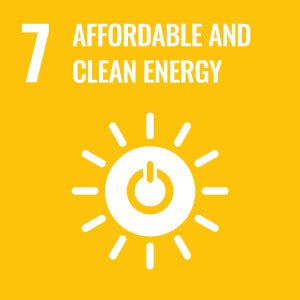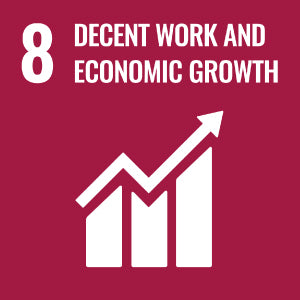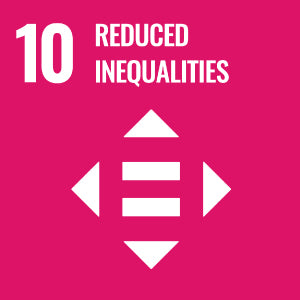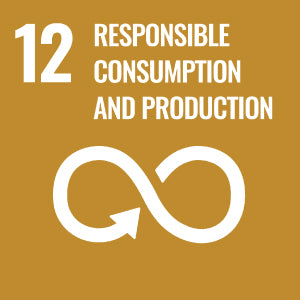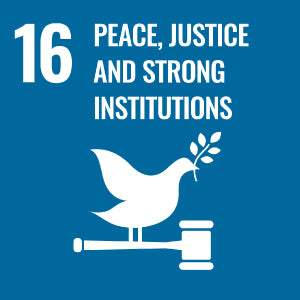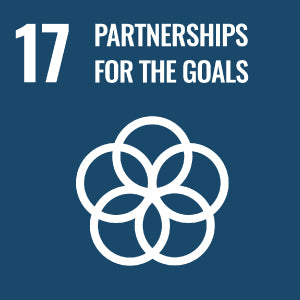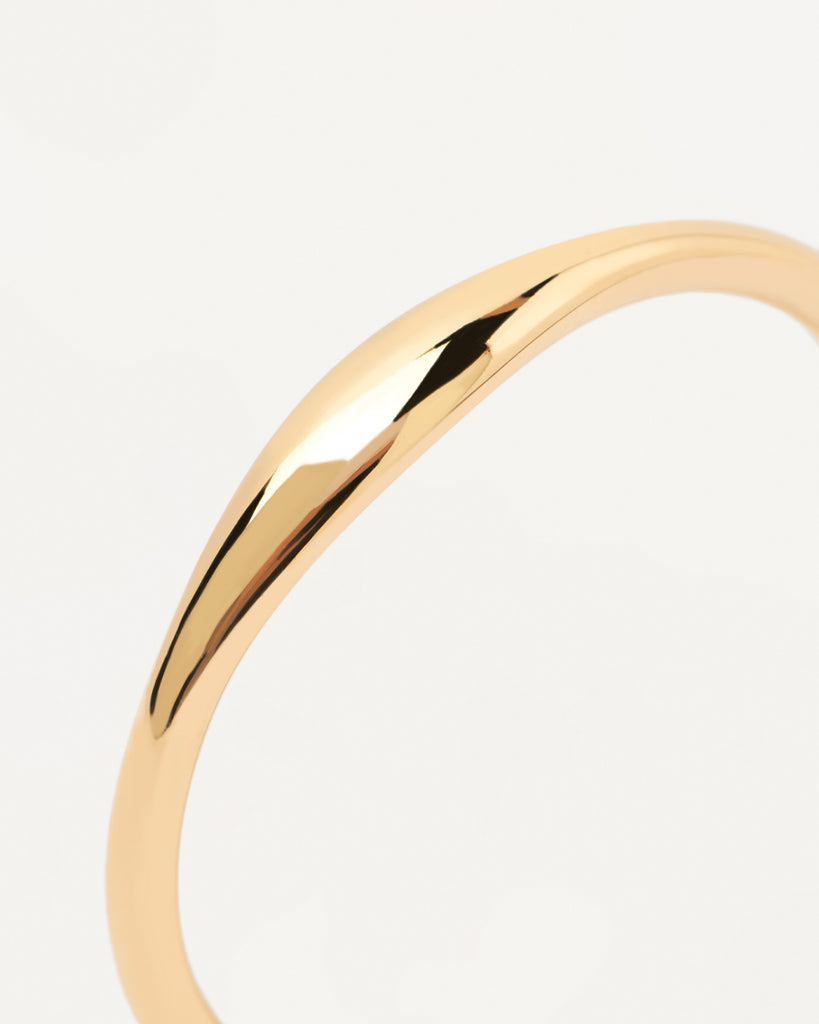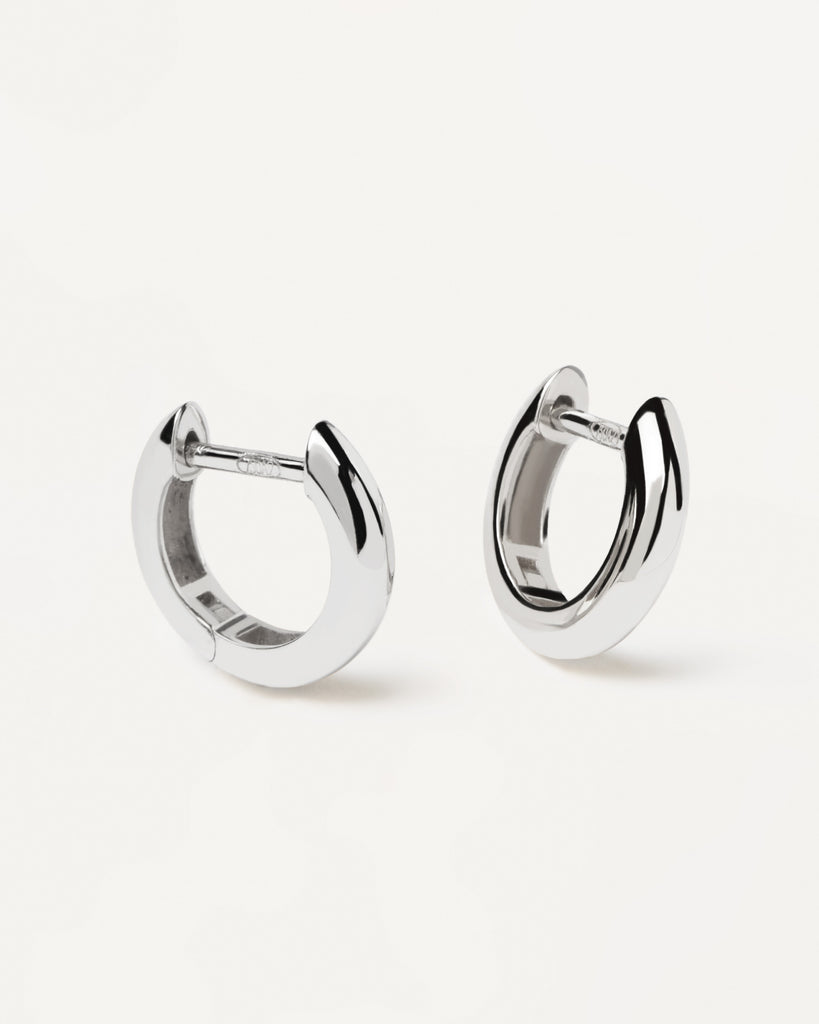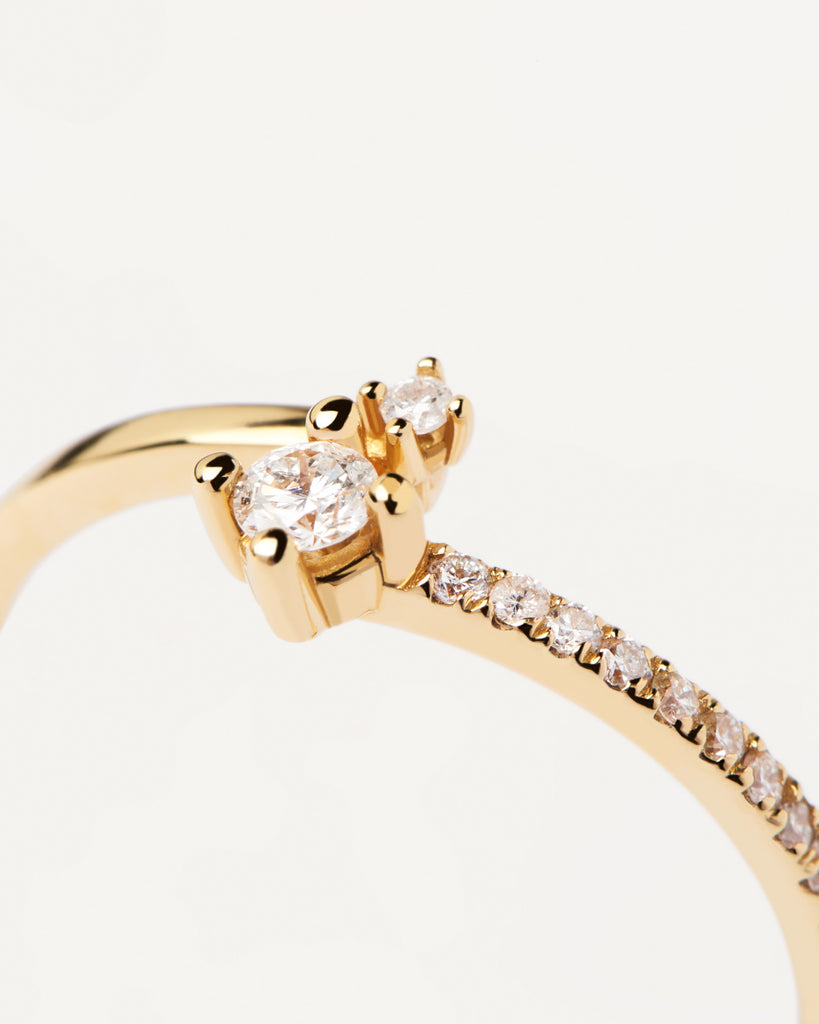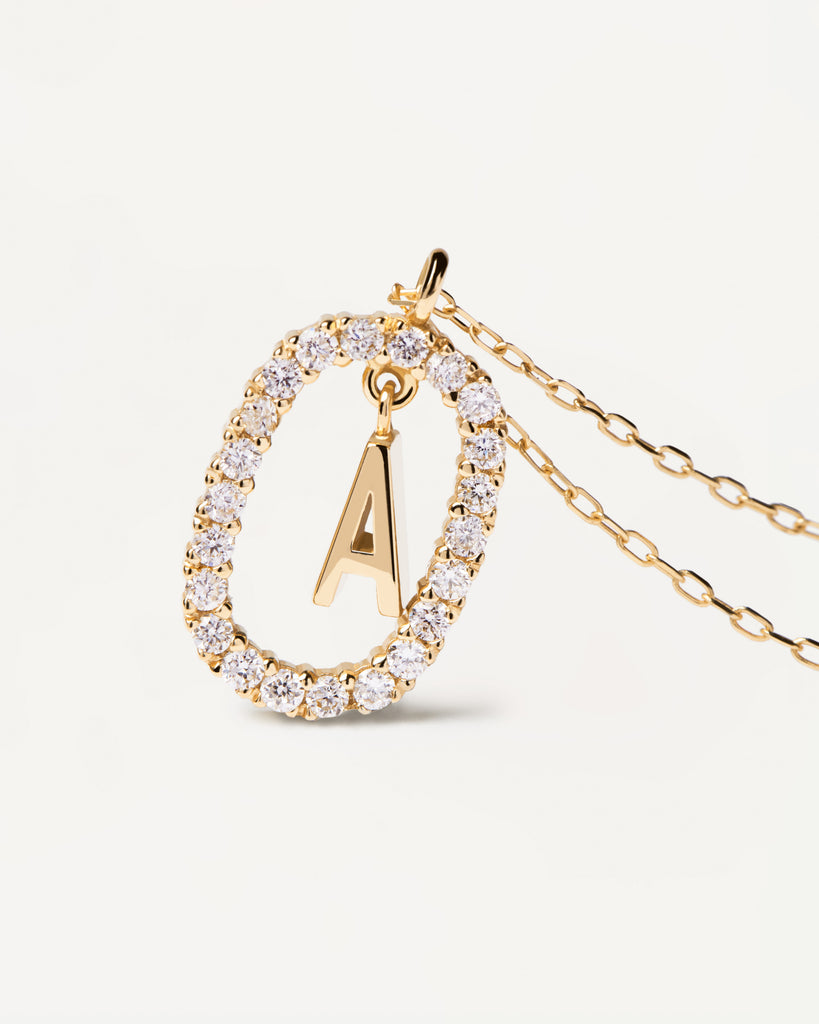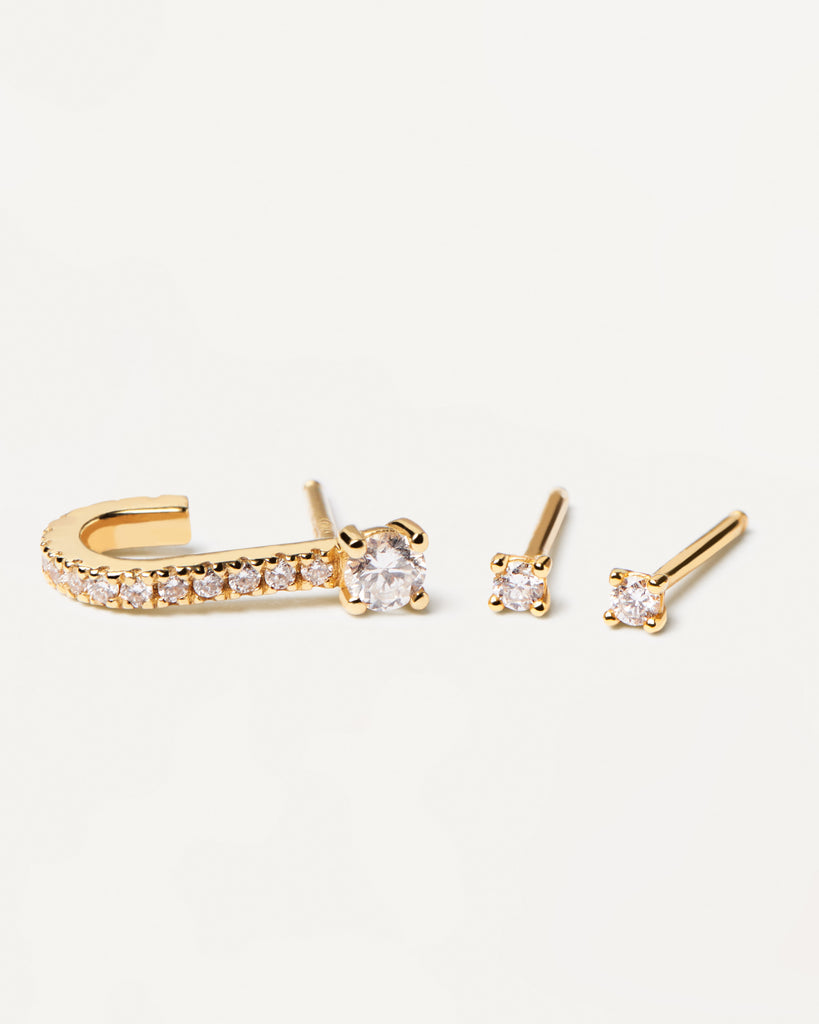SUSTAINABILITY
A CHALLENGE TO DO BETTER
At PDPAOLA we have always promoted a growth mindset, recognizing that progress requires diligent work and the ability to reassess ourselves constantly. Therefore, it is important to acknowledge this openly: we are not a sustainable company. While sustainability has been a crucial factor in our business decisions and strategies, we recognize that our efforts to date are not enough. However, we approach sustainability as an ongoing journey in which we challenge ourselves to do better and to consider the impact of our decisions on workers, society, and the environment.
We are aware that the jewelry industry faces numerous challenges in an ever-changing context. The current geopolitical situation, new sustainability and compliance regulations, and the expectations of an increasingly informed customer demand continuous adaptation and a firm commitment to social and environmental responsibility.
We approach these challenges as an opportunity to improve and do things in a more sustainable way. This is our 'challenge to do better.
OUR ACHIEVEMENTS SO FAR
At the beginning of 2021, we developed our Sustainability Plan, which was aligned with 7 Sustainable Development Goals (SDGs). Over this period, we have achieved several important milestones:
- Certified members of the Responsible Jewelry Council (RJC): We are a certified member of the RJC, which ensures our responsible sourcing through an ongoing assessment of our supply chain. This helps us protect human rights, fight corruption and manage the social and environmental risks associated with the sourcing of precious metals such as gold and silver, as well as gemstones.
- Use of recycled materials: We prioritize the use of recycled gold and silver to avoid the extraction of new raw materials and reduce the social, ethical and environmental risks associated with mining.
- Laboratory diamonds: We work exclusively with laboratory diamonds, eliminating mining from the process and, with it, the associated social risks.
- Traceability: We strive to know how, where and with what our jewelry is made. We currently use internal tools to map the suppliers that manufacture our pieces, and collect information on facilities and raw materials. 100% of our direct jewelry suppliers are members of the Responsible Jewelry Council.
- Renewable energy: We prioritize the consumption of renewable electricity in our office and stores, contributing to the reduction of our carbon footprint.
- Responsible packaging: We have optimized the volume of our packaging, selected materials that can be easily separated and sorted, and prioritized the use of FSC or PEFC certified paper and cardboard.
- Product health and safety programs: We have developed initiatives to ensure the health and safety of our products.
Continue reading to learn more about our sustainability initiatives and efforts.
01 APPROACH
OUR COMMITMENT
We cannot label ourselves as a sustainable jewelry brand. However, we do believe environmental and social responsibility is the way forward.
We are ready to hold ourselves accountable, and we want our actions to serve as the foundation for driving transformation. Our goal is to realise a more responsible jewelry industry, and we have decided to use this space to communicate our efforts and to show our commitment is real.
It all starts by opening up the conversation, looking at what needs to change, and trying to become better every day. It's a journey we have decided to embark on, and we're counting on you to join us along the way. Let’s do this together!
BEGINS HERE
BUSINESS MODEL
PDPAOLA is a Barcelona based jewelry brand founded in 2015 which is part of SASMAT RETAIL S.L.
Our products are designed in our Headquarters in Barcelona and manufactured by independent suppliers based in China, India and Spain. We use top quality materials such as diamonds and semi-precious stones to create unique collections.
Our business is global. We sell worldwide through our website and other ecommerce platforms. We have more than 1,900 international third-party points of sale distributed in more than 30 countries.
Although originally a Digitally Native Brand, as part of our growth, we also wanted to offer our customers the physical retail experience, so we are planning on opening flagship stores in key city locations. First on this journey was our Barcelona store, opened in 2021.
Our flagship stores are the physical representation of our brand’s DNA. They have been conceived as spaces that go beyond traditional retail stores: a gathering place where visitors not only are able to buy our products and collections, but also experience the PDPAOLA universe by interacting with our jewelry experts, discover our latest products or attend one of our scheduled events.
MATERIALITY ANALYSIS
We have carried out our materiality analysis in accordance with the principles of the Global Reporting Initiative in order to identify and prioritize the issues that are important to our business and our main stakeholders, including customers, business partners, suppliers and employees. Throughout the materiality analysis, 28 different aspects were evaluated.
MATERIALITY MATRIX

Based on this analysis, we identified the main material issues that are the basis that form the foundation of our sustainability plan:
- 01Attracting and retaining talent.
- 02Compliance.
- 03Customer Satisfaction.
- 04Diversity, inclusion and equal opportunities.
- 05Emissions reduction and climate change mitigation.
- 06Ethical conduct & anti-corruption.
- 07Human rights protection.
- 08Labour rights protection.
- 09Occupational Health & Safety.
- 10Product Quality and Safety.
- 11Quality employment.
- 12Responsible supply chain management.
- 13Sustainable Packaging.
- 14Sustainable product & responsible consumption.
- 15Traceability and raw materials’ origin.
ALIGNMENT WITH THE SDGs
In 2015, United Nations Member States approved the 2030 Agenda on Sustainable Development, an opportunity for countries and their societies to embark on a new path to improve the lives of all, leaving no one behind.
The Agenda has 17 Sustainable Development Goals to eradicate poverty, protect the planet and ensure prosperity for all.
To achieve these goals, everyone has to do their part: governments, the private sector, civil society and people.
Our sustainability strategy is aligned with the following Sustainable Development Goals:

02 PEOPLE
ONE TEAM, ONE DREAM
At PDPAOLA we are cultivating a culture of collaboration and growth in which kindness, cooperation and empathy are among our key values. We want to foster the free exchange of ideas and make our employees feel supported and empowered, reinforcing our growth mindset with concrete policies.
These policies include work-life balance and wellbeing policies, such as the promotion of telework or health insurance for employees, and annual training policies adapted to the interests and needs of each team member. We are also working on new initiatives such as outdoor and indoor activities or PDP Talks, where we will invite people who inspire us on a personal and professional level to share their experiences in different areas of life.
It is essential for us that all our employees feel comfortable and safe in their workspaces, whether in our stores or head office, so we have developed our own Code of Conduct that regulates the behaviour of people and workspaces, ethics in business activities, our relationship with third parties and protects the interests of the business. Besides, we have also set up an Ethical Channel through which our employees may address their queries or report breaches covered by our Code of Conduct and Corporate Policies.
Yet, we have many areas to improve and many policies to define, as we aim to create concrete objectives and measurable change. Keep an eye on this space for future updates.
- +200
EMPLOYEES - +4,4%
COMPARED
TO 2023 - 17
NATIONALITIES - 80%
WOMEN - 20%
MEN
OUR COMMUNITY
We want to help women own their glow, which means we celebrate self-discovery and self-assurance, in other words: we encourage women to embrace who they are and who they aspire to become. That’s why we support projects committed to gender equality and female empowerment. Women’s rights are of paramount importance to us because WHEN OUR SISTERS SHINE, WE ALL SHINE.
INTERNATIONAL’S WOMEN’S DAY 2021
In 2021, on the occasion of International Women's Day, we designed 1,000 limited edition jewels to collaborate with the NGO Plan International.
Through the Girls Get Equal project, we want to show our commitment to authentic equality for girls and young women. The project seeks to ensure that each girl has decision-making power over the problems that affects her and the ability to access leadership positions to build a world free of discrimination, harassment and violence.

Donation made in 2021:
20.891€
INTERNATIONAL’S WOMEN’S DAY 2020
In 2020, on the occasion of International Women's Day, we promoted the sale of T-shirts with the slogan “When our sisters shine, we all shine”. The proceeds from the sale were allocated to the Girls’ Education project of the NGO Plan Internacional. The non-profit organization is focused primarily on promoting children's rights and equality for girls.

Donation made in 2020:
3.315€
AFRIKABLE - AISHA COLLECTION
In April 2019, part of the PDPAOLA team volunteered with the nonprofit Afrikable on Lamu Island, in northern Kenya. Since then and through the Maternity Home project, our brand has committed to the cause of women’s empowerment through decent employment, education and fair trade as tools for change.
This experience motivated our collection Aisha. Since it was launched in September 2019, we have donated 5% of the collection's profits to the Afrikable organization.

Donation made in 2020:
20.000€
03 PLANET
A HARD LOOK AT OURSELVES
We are part of the jewelry industry, which has harmful negative impacts on the planet. So we strongly believe it is our responsibility to find solutions and alternatives to mitigate the problem. The first step is to hold ourselves accountable, look at everything we are doing wrong, and set new goals for the future to embrace more sustainable practices.
RESPONSABILITY
TO FIND SOLUTIONS
RENEWABLE ELETRICITY
Climate change is a fact. So key in our strategy is working towards decarbonising our business model.
Our office and shop use LED lighting to reduce energy consumption as well as electricity from renewable sources and certified by the CNMC (The National Commission of Markets and Competition) to reduce greenhouse gas emissions from our facilities.
SUPPORTING THE ENVIRONMENT
EDEN REFORESTATION PROJECT - ZAZA COLLECTION
The launch of the Zaza collection in 2020 was a nod to the people-nature relationship. Through the non-profit organization Eden Reforestation Planet, PDPAOLA has done its bit in restoring forests and reducing extreme poverty by employing local villagers from around the world to plant thousands of trees every year.
For every jewel purchased from the Zaza Collection, a tree was planted in collaboration with the Eden Reforestation Project.
* In addition, this project helped generate 494 days of employment for members of impoverished communities.

Number of trees planted in 2021:
49.400 trees
04 PRODUCT
TOWARDS MORE
RESPONSIBLE MATERIALS
At PDPAOLA we are introducing more responsible materials that meet sustainability criteria in order to promote a circular economy, move towards a more responsible supply chain and meet the demands of our customers.
We know these efforts are not enough, as our core line is still made with non-sustainable materials like silver. But this is part of the many challenges ahead, and we are constantly searching for innovative materials and processes, as well as recognized international tools and standards, that will allow us to reduce the environmental and social impact of our product. We will keep you posted on our progress.
RECYCLED METAL
By using recycled metals we can avoid the use of new raw materials as well as reducing the social, ethical and environmental risks associated with the mining process.
Mining is a process that has harmful environmental impacts and can contribute to and is associated with significant adverse effects, including those related to human rights and other conflicts such as the financing of armed groups, abuses by security contractors, money laundering, corruption or duty avoidance.
The recycled metals we use come from refineries which are certified by recognized organisms.
Expand the tab to see a complete list of our approved certifications.
Recognized Certifications
- Responsible Jewellery Council – Chain of custody – Recycled content
- Intertek recycled content verification
- SCS recycled content certification
- GRS / RCS standard
Supplier Requirements
- Supplier must be certified by one of the recognized certification scheme and provide the material transfer document to guarantee the recycled origin of the material at product level, or
- Supplier must provide the refinery's certificate to one of the recognised certification schemes, the material transfer document from the refinery to the jewelry manufacturer and a conformity declaration signed by the jewelry manufacturer guaranteeing the use of recycled metal.
LAB-GROWN DIAMONDS
Diamonds are known as nature’s hardest material, since they are characterized by their scratch resistance and their ability to scratch other materials (rated as 10 on the Mohs Hardness Scale).
Considered “the most precious gem in the world”, there is no doubt their brilliance and beauty is breathtaking, yet this cannot justify the environmental and social damage mining causes.
In recent years, there has been an increased awareness of how diamonds are obtained and of the importance of creating a more ethical and sustainable value chain, which led to the creation of international standards such as the Kimberley Process, that aims to reduce the flow of conflict diamonds. Also, a huge breakthrough was the creation of the first man-made diamonds: lab-grown diamonds.
Lab-grown diamonds allow us to exclude mining from the process, and therefore, the social risks inherent in it.
There might be a bit of confusion around lab-grown diamonds, but the truth is the only difference between mined diamonds and lab-grown ones lies in their origin. Lab-grown diamonds are made by replicating the way diamonds are created in nature, using technology that reproduces the natural growth process of diamonds without the negative human toll.
They are physically, optically and chemically equal to those grown under the Earth’s surface. That is the reason why the criteria for assessing their quality is the same: The 4Cs (Color, Clarity, Cut and Carat).
Our diamonds in particular are created using two methods, the Chemical Vapor Deposition (CVD) or the High Pressure-High Temperature (HPHT) technologies.
In the CVD process, a diamond seed (lab-grown diamond dust) is placed in a vacuum chamber that is heated at high temperature and filled with a carbon rich gas. This gas is ionized, letting the pure carbon slowly adhere to the diamond dust, atom by atom, layer by layer, which ultimately culminates in the creation of the diamond.
Regarding the HPHT technique, the diamond seed (also lab-grown diamond dust) is exposed to high pressure and temperature conditions. This seed melts, leading to a larger diamond forming around, that is finally cooled to reveal a new diamond.
The only difference between mined diamonds and lab-grown ones lies in their origin.
PRODUCT’S HEALTH AND SAFETY
Another key factor we consider when manufacturing our products is whether they comply with health and safety standards, specially if they are intended for children. With this in mind, we have developed our own Product’s Health and Safety Standards in compliance with the strictest laws and requirements of the markets in which we operate.
It is crucial for us that all our jewelry suppliers meet the requirements of this standard. Therefore, we have established our own monitoring program to ensure that any item manufactured by our suppliers meets our Standards at any stage of production or distribution.
SUPPLY CHAIN
Responsible sourcing
We actively work to manufacture jewelry items responsibly and create a positive impact on society and the environment. To this aim, we have created our responsible supply chain program, based on compliance with our Code of Conduct for Suppliers and our Corporate Policies that all suppliers must comply with.
To ensure compliance with our Codes of Conduct and Corporate Policies, we rely on the risk analysis of our supply chain. Suppliers deemed risky must provide the Responsible Jewellery Council Code of Practice certificate, a standard aligned with the OECD Due Diligence Guidance and the United Nations Guiding Principles on Business and Human Rights.
However, the production units that have not yet been certified by the Code of Practice must provide the SMETA or BSCI certification to ensure compliance with our Code of Conduct for Suppliers.
Traceability
Traceability is the basis for identifying, measuring and reducing the overall environmental and social impact of a company. But traceability is one of the biggest challenges for our industry. Supply chain traceability is incredibly difficult since the raw materials we use (metals and gemstones) come from different parts of the world and pass through multiple hands until they make it to one of our pieces.
In this sense, we focus our efforts on maintaining a permanent dialogue with our suppliers to ensure that they inform us about all the facilities and processes that are involved in the creation of each of our jewels.
We strive to know how, where and with what our jewelry is made, a crucial step to building trust with our customers. How do we do it? We currently use internal tools to map our suppliers, gather information on facilities and raw materials and, ultimately, to ensure a more responsible supply chain day by day.
We strive to know how, where and with what our jewelry is made.
JEWELRY CARE
Our Core Line is made with 925 sterling silver with an 18K gold plating. Even though the gold layer on the outside of the jewelry is real gold, the base metal is not (as it is often silver), which is the reason why gold plated jewelry items tarnish over time. However, with the right care and storage, the shimmer and lifespan of the jewels can be prolonged. With this in mind, we make available plenty of information on jewelry care so that our pieces last as long as possible.
PACKAGING
In 2021, with the launch of the Fine Jewelry collection and as part of our Sustainability Plan, we launched our new packaging, which has been designed to reduce its environmental impact:
Optimized volumetry: the size of our packaging is designed to optimize space and reduce the use of materials as much as possible.
FSC/PEFC certified paper: Paper and cardboard from responsibly managed forests certified by FSC or PEFC.
Single-material boxes and cases: the choice of a single material allows for selective sorting and optimal recycling.
Towards a plastic free packaging: shipments from our website are already plastic free, and we are working to make shipping from other ecommerce platforms plastic-free too.

05 PARTNERSHIPS
RESPONSIBLE JEWELLERY COUNCIL (RJC)
We are a certified member of the Responsible Jewellery Council (RJC), the world's leading standard-setting organization covering the entire value chain of the jewelry and watch industry. We promote the RJC among our suppliers, as well as its two standards: Code of Practice (COP) and Chain of Custody (CoC). Both allow us to improve our supply chain, ensure business ethics and a responsible management of our suppliers.
Code of Practice (COP)
The COP is aligned with the OECD Due Diligence Guidance and the United Nations Guiding Principles on Business and Human Rights. Through the application of the Code of Practice, members contribute to the United Nations 2030 agenda and the 17 Sustainable Development Goals.
Chain of Custody
The COC standard defines an approach for companies to handle and trade gold, silver and platinum group metals in a traceable and responsibly sourced manner. The COC certification complements the RJC COP certification.
UN GLOBAL COMPACT
We adhere to the United Nations Global Compact, showing our commitment to establish an ethical management based on the Ten Principles of the Global Compact, to contribute to the achievement of the Sustainable Development Goals (SDG) and to communicate our progress annually.
The Ten Principles of the Global Compact are derived from United Nations declarations on human rights, labor, environment and anti-corruption and enjoy universal consensus.
Human Rights
Principle 1: Businesses should support and respect the protection of internationally proclaimed human rights; and
Principle 2: make sure that they are not complicit in human rights abuses.
Labour
Principle 3: Businesses should uphold the freedom of association and the effective recognition of the right to collective bargaining;
Principle 4: the elimination of all forms of forced and compulsory labour;
Principle 5: the effective abolition of child labour; and
Principle 6: the elimination of discrimination in respect of employment and occupation.
Environment
Principle 7: Businesses should support a precautionary approach to environmental challenges;
Principle 8: undertake initiatives to promote greater environmental responsibility; and
Principle 9: encourage the development and diffusion ofenvironmentally friendly technologies.
Anti-Corruption
Principle 10:Businesses should work against corruption in all its forms, including extortion and bribery.
There are 17 Sustainable Development Goals (SDGs) and they have 169 specific goals with a 2030 horizon. As a private sector company, we have a key role in this roadmap, which is both a responsibility and an opportunity to align the SDGs with our Sustainability Plan. For more information, visit our Alignment with the SDGs.
COMPANY CODES AND POLICIES
- SUPPLIER CODE OF CONDUCT
- HUMANS RIGHTS POLICY
- PRODUCTS HEALTH AND SAFETY REGULATIONS
- RESPONSIBLE SOURCING POLICY
- ENVIRONMENTAL POLICY
- ANTI-BRIBERY POLICY
